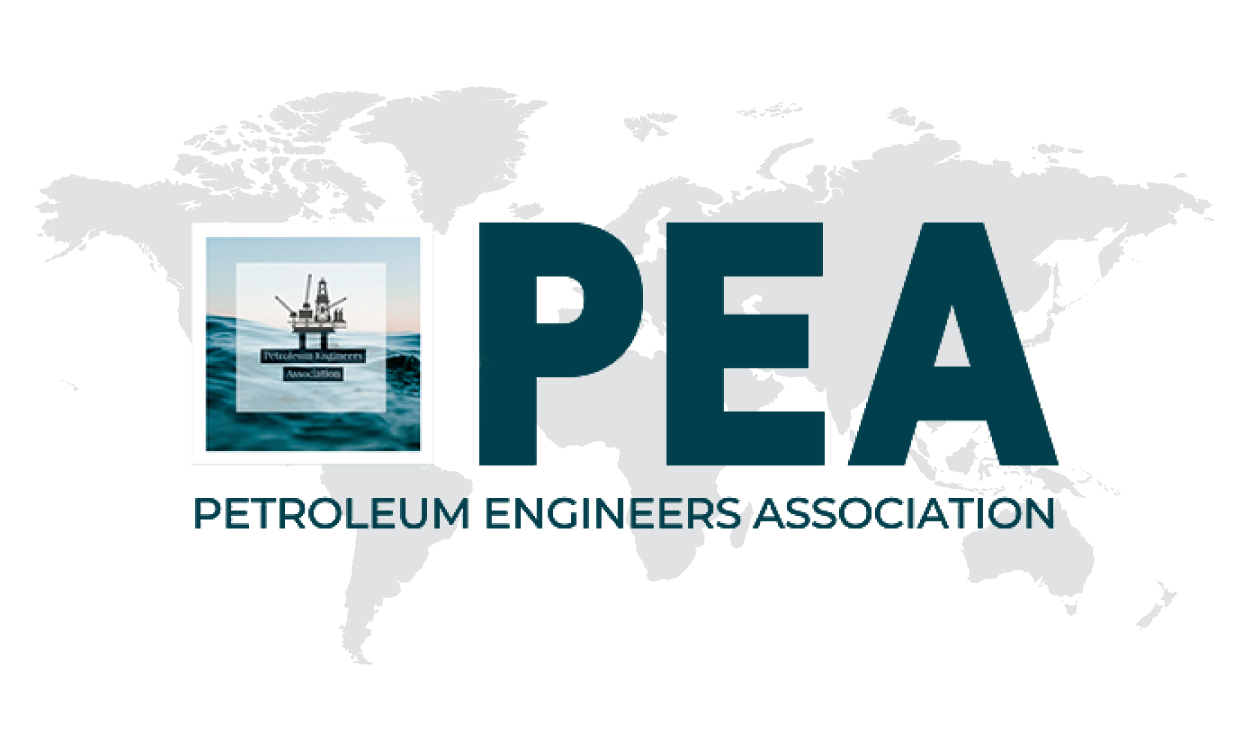IT for Oil and Gas Industry
| Code | Duration | Currency | Fee Per Person |
|---|---|---|---|
| EL-ITP-PEA |
15 Hours
|
USD
|
500
|
This is a self-paced, on-demand e-learning course. Upon enrollment, all course videos and materials will be delivered to your email within 12 hours. A certificate will be issued upon successful completion of the required quizzes and assignments.
Boost your team's skills and your budget! Enjoy group discounts for collaborative learning. Send an inquiry to info@peassociations.com.
IT for Oil and Gas Industry
This self-paced course introduces the business processes of the oil and gas sector and explores how IT applications address critical challenges across engineering, operations, and enterprise functions.
Description
The oil and gas industry operates within complex, high-risk environments where efficiency, safety, and reliability are paramount. This course provides an overview of common business processes across the upstream, midstream, and downstream value chain and examines how IT applications streamline workflows, reduce risks, and enhance decision-making. By exploring areas such as plant design, automation, equipment management, laboratory systems, HSE, project management, and ERP, participants will gain the knowledge needed to align IT capabilities with industry requirements. The program emphasizes a structured, application-focused approach to IT adoption in oil and gas.
The integration of IT with oil and gas operations has transformed the way the industry approaches design, maintenance, safety, and enterprise management. Yet, many professionals face challenges in connecting technical operations with IT-driven solutions. This course is designed to help engineers and business analysts understand the fundamentals of IT systems in oil and gas, recognize industry pain points, and learn how digital applications drive measurable improvements in performance and compliance.
• Identify core business processes across the oil and gas value chain.
• Understand common industry challenges and how IT applications provide solutions.
• Gain knowledge of widely used IT systems such as design, automation, EAM, LIMS, HSE, project management, and ERP.
• Learn to align IT solutions with safety, efficiency, and business continuity goals.
• Recognize major vendors and their role in supporting oil and gas digitalization.
• Improved efficiency and reduced downtime through better IT adoption.
• Enhanced compliance and safety management via integrated systems.
• Optimized use of resources across projects, assets, and supply chains.
• Better alignment of IT investments with business priorities and value delivery.
• Develop a working knowledge of IT applications used in oil and gas.
• Strengthen career prospects by gaining cross-functional awareness.
• Improve ability to analyze and recommend IT-driven solutions for operational issues.
• Build confidence in using industry terminology during professional discussions and interviews.
• Oil and gas engineers using or implementing IT solutions.
• Chemical, mechanical, electrical, and instrumentation engineers working as business analysts in IT and consulting.
• Petroleum engineers aspiring to enter IT roles in the energy sector.
• Start-up professionals seeking opportunities in oil and gas digitalization.
• Master Planning
• Feasibility Studies
• Conceptual Design
• Process Development Support
• Front End Engineering Design (FEED)
• Basis of Design
• PFD, P&IDs, Safeguarding Diagrams
• Main equipment data sheets and specifications
• Compressor API datasheets
• Valve, Line and Tie in Schedules
• Instrument an d Valve data sheets
• General Arrangements Drawings for main equipment and main pipework.
• Cost estimating and level 3 project schedule
• Identification and investigation of long lead items
• HAZOP/HAZID/SIL/LOPA
• Project Execution Plan, HSE Plan
• Risk Register
• Measurement
• Instrumentation
• Control System
• Analog Control
• Digital Control
• DCS / SCADA / RTU
• PLC / ESD
• Plant Information System
• Leading Automation Companies
• Products and Specifications
• Certificate of Quality
• How to avoid reprocessing and re-blending
• Implication of demurage
• Intermediate sampling
• Effluent sampling
• Sample Management Process
• LIMS features
• Sample Management
• Inventory Management
• Automated Testing Apparatus
• Integration of LIMS with DCS
• Leading LIMS Vendors
On successful completion of this training course, PEA Certificate will be awarded to the delegates
This course has been meticulously developed by a seasoned PEA expert renowned in the oil and gas industry. With extensive hands-on experience and a proven track record in delivering innovative solutions, our trainer brings a wealth of technical expertise, deep industry insight, and a commitment to excellence. Learners can trust that they are gaining knowledge from a leading authority whose dedication to professional development ensures you receive only the highest-quality training to elevate your skills and career prospects.












